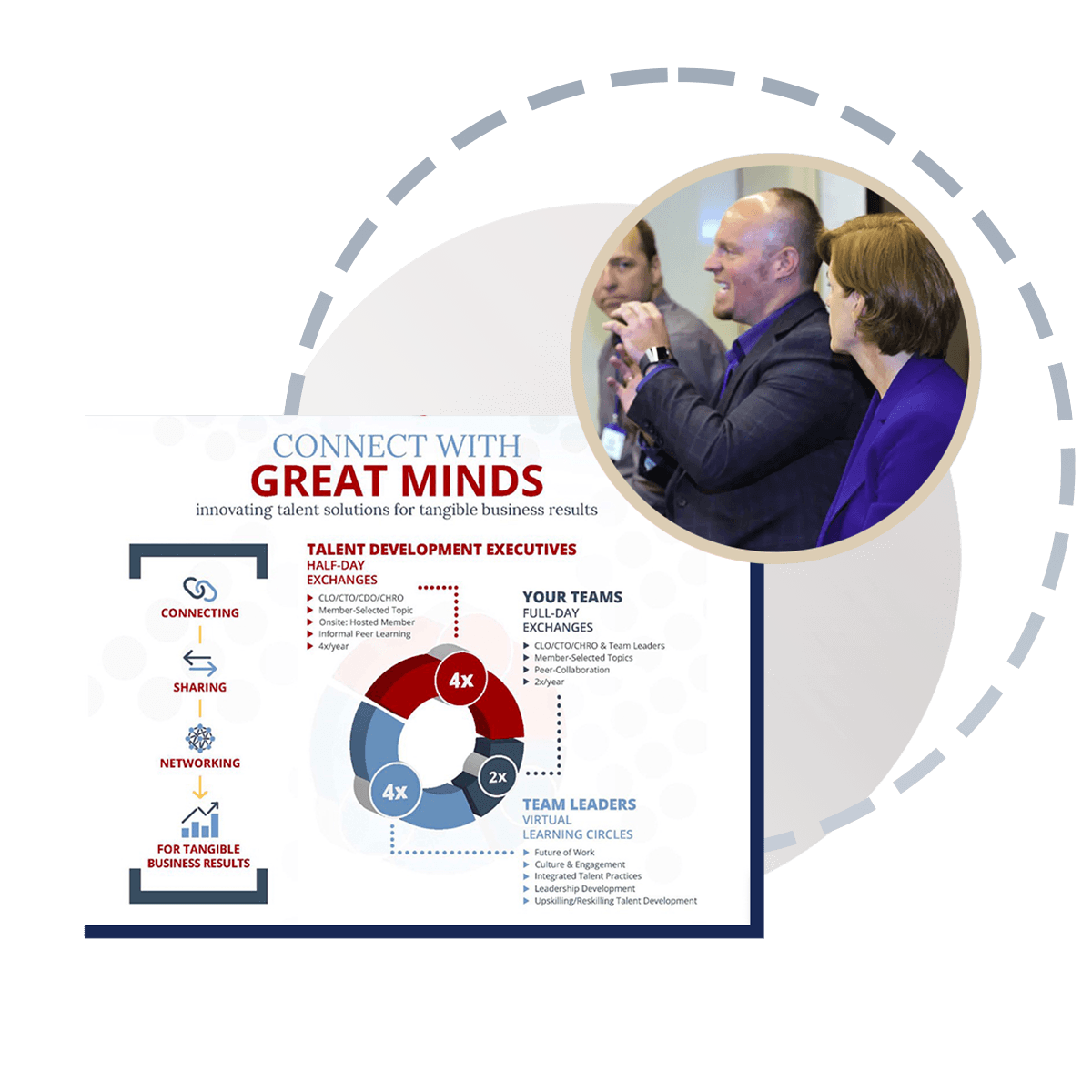Session Focus: Trends in the performance management process
This session provided valuable insights into how modern performance management is evolving to meet the challenges of today’s dynamic work environment. Senior HR leaders must rethink traditional models and focus on more adaptive, skills-based approaches to ensure their teams thrive.
Here are three key takeaways:
- Adaptability in Crisis: The pandemic forced organizations to rapidly pivot performance management strategies, focusing on more meaningful, continuous assessments rather than rigid, annual reviews. This shift shows the importance of agile frameworks that can respond to unpredictable changes.
- Skills-Based and Quality-Driven Evaluation: As organizations move away from generic performance ratings, focusing on skills and work quality is crucial. Shifting to a skills-based approach allows for a clearer evaluation of employee strengths, supporting both individual development and business needs.
- Data-Driven Insights for Meaningful Conversations: The use of data in performance management opens the door to more constructive discussions.
As one leader put it, "Performance data shows not just the skills to do the job, but also the quality of the work. This opens up better conversations, moving from 'You didn’t achieve' to 'Help me understand what's going on.'" Shifting from judgement to understanding creates a more supportive culture of growth.
For HR leaders, these insights are critical in fostering a feedback-rich, skill-focused environment that aligns with long-term business objectives.
